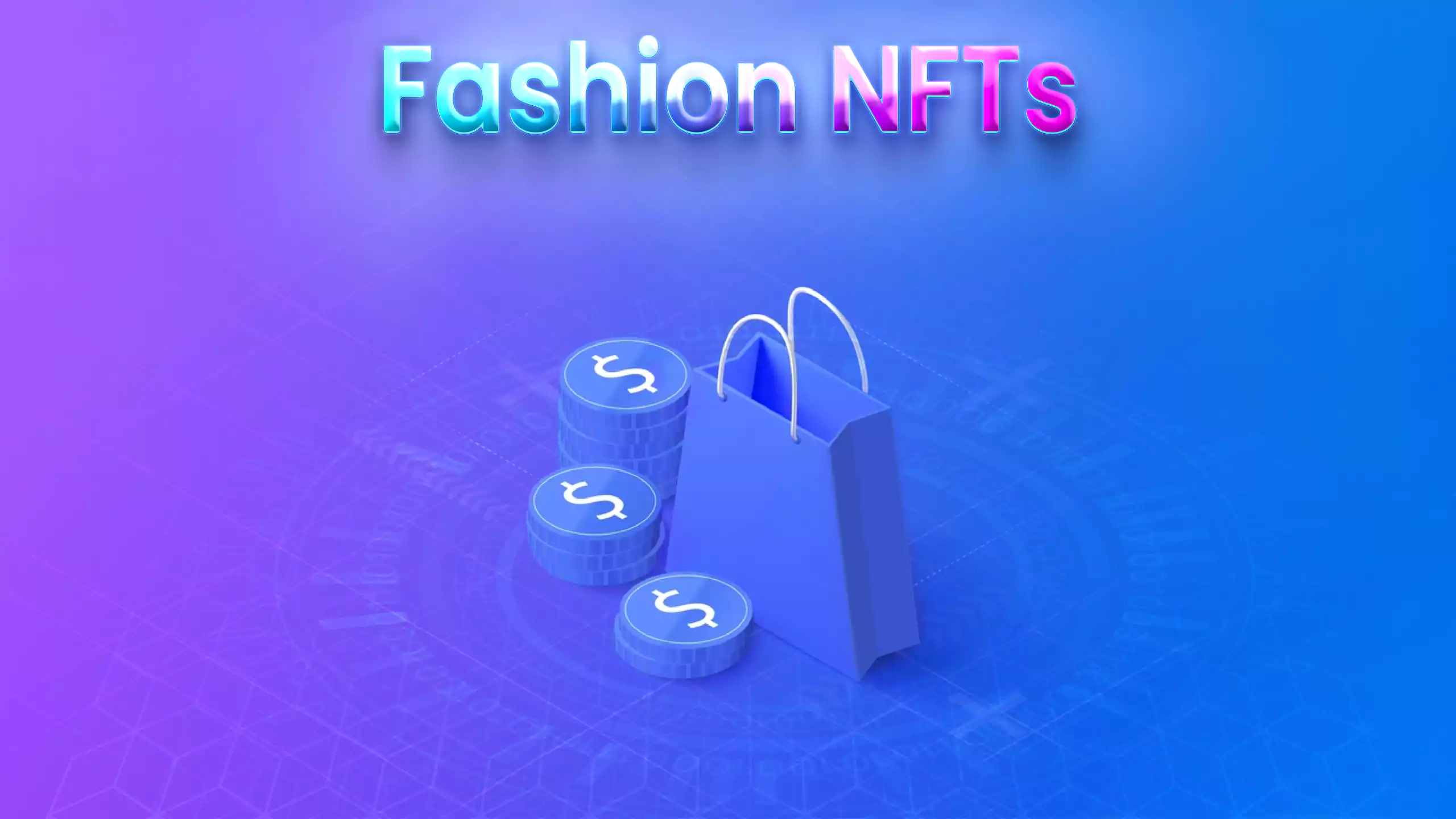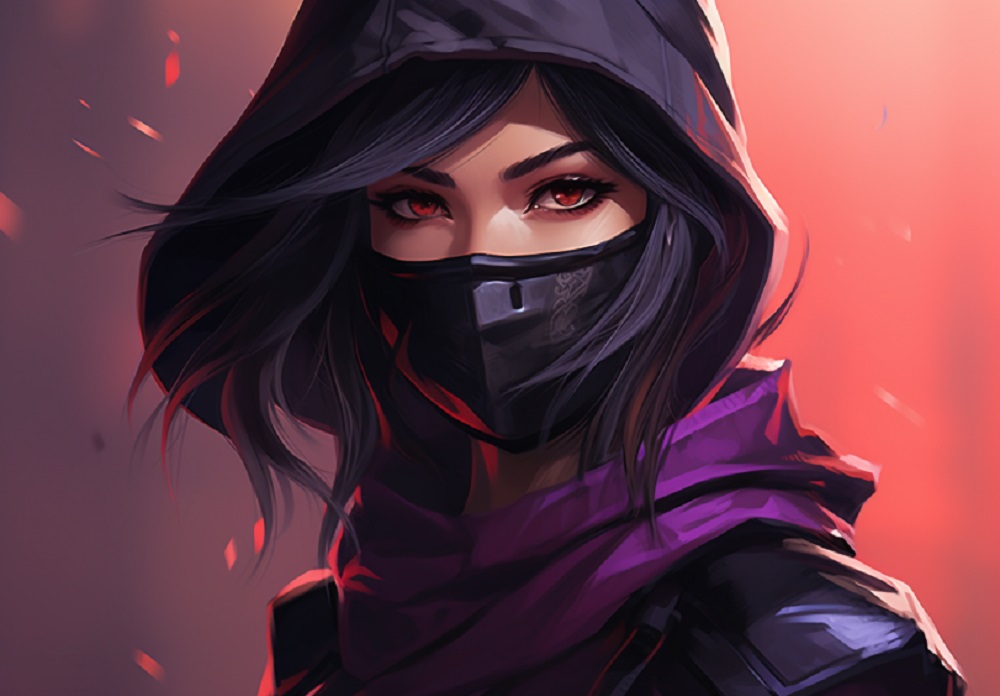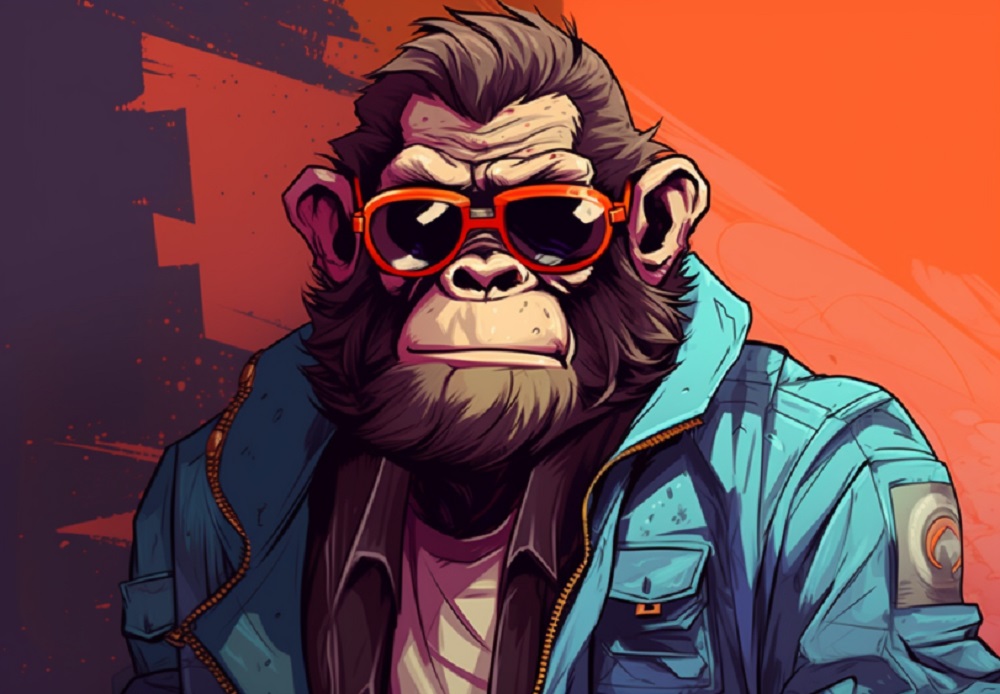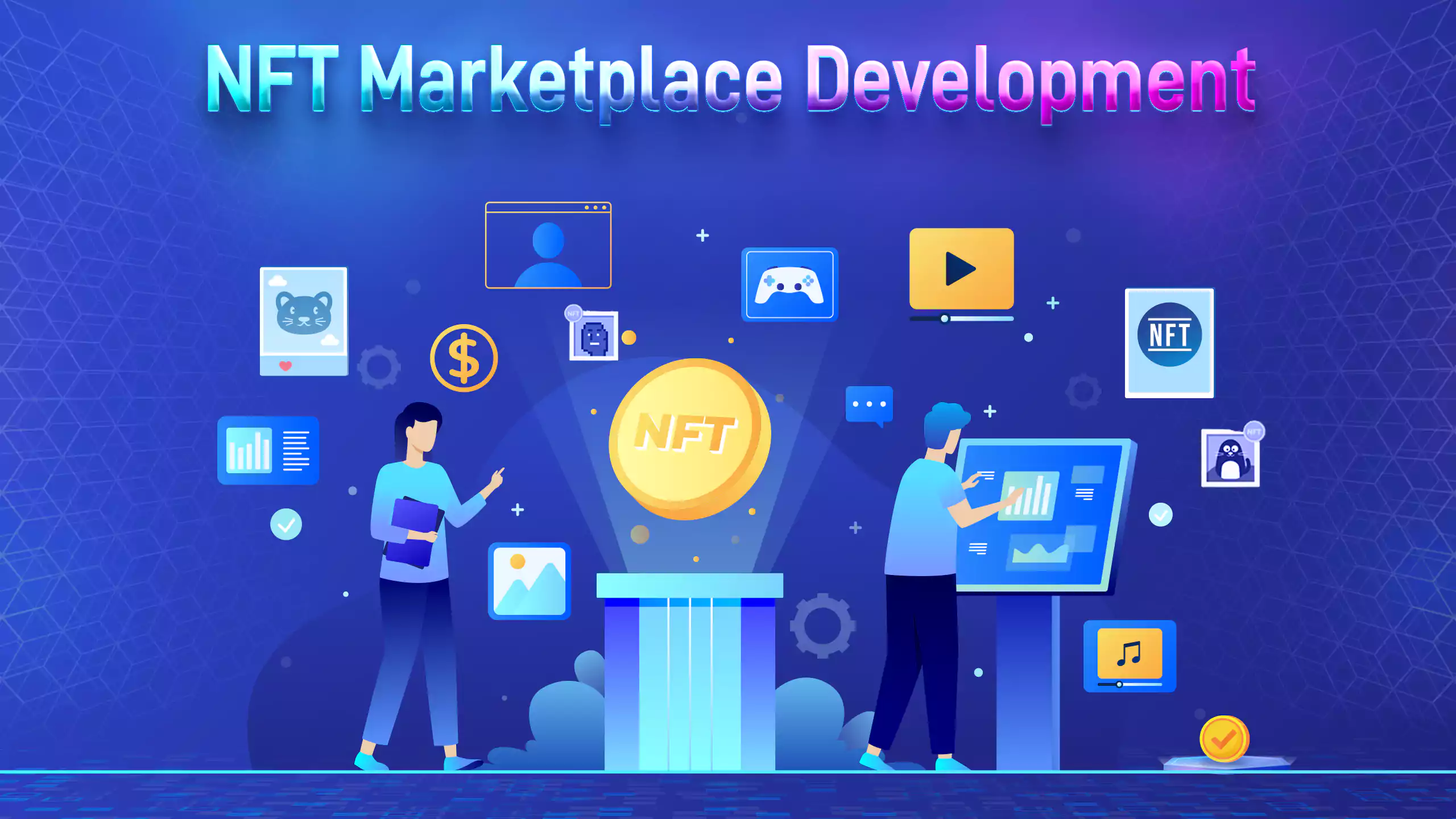Fashion NFTs: All You Need to Know
With 2021 came the NFT fever; NFT shot to fame, and the number of Google searches for NFT increased. In the first half of the year, the NFT market recorded massive sales of about $2.5 Billion. There's no doubt that 2022 can only get better.
While other industries are leveraging technological innovations, the fashion industry isn't left behind. Like never before, the fashion industry is experiencing a fashion evolution. Interestingly, luxury fashion brands like Burberry and Gucci are spearheading this fashion evolution.
Many people believe that the fashion industry is always at the forefront of innovation. From e-commerce to being able to try on clothes virtually, tech and fashion have become inseparable. Additionally, in a bid to improve customer experience and give competitors a run for their money, fashion brands are leveraging AI, AR/VR, and now NFTs.
Let's look at fashion NFTs and their role in the fashion industry.
What are Fashion NFTs?
NFTs, the acronym for Non-Fungible Tokens, are digital assets that are one of a kind. You neither duplicate them nor hack them. Also, they are built on blockchain like many cryptocurrencies. Their use cases include art, videos, in-game assets, music, and fashion.
Furthermore, NFTs are cryptographic digital assets that have unique metadata and identification, causing each NFT to stand out. Unlike cryptocurrencies that are fungible and identical, NFTs can't be exchanged or traded for one another.
Owing to the digital nature of NFTs, Fashion NFTs are managed by digital ledgers and are stored in blockchain wallets. Fashion NFTs are fashion items like clothes or handbags made as NFTs. An example is the digital Baby Birkin handbag.
In August 2021, Dolce and Gabbana launched Collezione Genesi³, the 9-piece which features handmade museum-grade items. In addition, a digital jacket made by virtual fashion brand, RTFKT, was sold for more than $125,000.
The Role of NFTs in The Fashion Industry
Fashion brands like Louis Vuitton and Gucci moved from creating their games to exploring the Metaverse. These brands are partnering with the tech industry to engage with their users. Invariably, they are expanding their client base and boosting customer satisfaction.
NFTs have provided the fashion industry with an avenue to get on the digital train, having slowly jumped on e-commerce. When e-commerce was newly introduced, many industries, especially the fashion industry, were slow to welcome the new channel.
Seeing how successful e-commerce is, the fashion industry has gotten wiser and intends to use NFTs to remedy their mistakes.
Some luxury watch brands have gotten the NFT fever and use social media platforms to promote NFTs. Likewise, in 2021, Gucci introduced one-of-a-kind sneakers, selling them as NFTs.
Microsoft partnered with a blockchain software company, Consensys, to create the Aura platform. This was a significant development in the fashion industry as it allowed consumers to find out the history of their items.
Furthermore, with NFTs, fashion brands can use legal measures to back up their designs. NFTs allow fashion brands to protect the integrity of their designs. By embedding NFTs in physical items, consumers can scan their purchases to be sure they aren't counterfeits.
NFTs take the fight against counterfeits to the next level by offering the possibility to embed an NFT in physical products to be scanned in order to confirm they are authentic.
With NFTs, luxury fashion brands can reach individuals with high net worth. This was the case with LVMH, a fashion luxury brand. LVMH uses NFTs to tell its story and reflect values while connecting with customers. According to statistics, 65% of customers buy from brands with a story behind their products while connecting with them.
Additionally, fashion brands can create one-off and unique experiences for their customers with NFTs. For instance, they can give out NFTs as special rewards to loyal or new customers. These experiences will not just improve engagement but also increase sales and brand awareness. It's not surprising that brands that use NFTs are getting more sales.
Top Fashion NFT Brands
From Adidas to Louis Vuitton to Nike, these fashion brands are showing no signs of slowing down. Here are top fashion brands plunging into the world of NFTs.
Adidas
Sportswear giant Adidas Originals partnered with leaders in the NFT community, Punk Comics team, Ape Yacht Club, and Gmoney to release its NFT collection. The physical and digital wearable NFT collection was launched in December 2021, which got the public's attention.
With the NFTs, buyers have access to virtual wearables for The Sandbox, a blockchain-based game. The physical wearable is a tracksuit, an orange beanie from gmoney, and a hoodie. In addition to this, Adidas joined forces with Prada to launch an NFT developed on the polygon network. The project aims at allowing users to offer design ideas.
Louis Vuitton
In commemoration of Louis Vuitton's 200th birth anniversary, Louis Vuitton created a game. Their game, Louis The Game, has a character, Vivienne, that resembles Louis Vuitton. Additionally, the game's purpose is to put the brand's heritage in the spotlight.
Burberry
Burberry entered the fashion NFT space when it partnered with Mythical Games, a US developer. Together they launched a limited edition NFT collection. The NFT collection was released under Mythical Games' flagship free play-to-earn game, Blankos Block Party. The game, which is developed on blockchain technology, is a multiplayer universe game that features Blankos (digital vinyl toys) that are created and owned by players.
Gucci
Gucci is one of the top fashion brands not afraid to test the waters of technology. Before releasing its NFT, the luxury brand had tried its hands-on digital fashion with the use of AR. It launched "Virtual 25," and the virtual sneakers sold for only $12 each.
In 2021, the famous Italian brand delved into the digital space and left the world astonished. In an auction, Gucci sold an NFT that drew its inspiration from the Aria collection. Additionally, the NFT took the form of a short 4K film celebrating the brand's 100th anniversary.
Conclusion
According to CB Insights, the fashion industry is estimated to exceed three trillion dollars in worth by the end of the decade. There's no doubt that tech will continue to play a massive role in the growth of the industry.
Fashion brands explored tech innovations like VR and AI and are now leveraging NFTs. NFTs are here to stay and smart brands are using them to increase sales. In the same vein, brands can leverage NFTs to improve their customer experience, promote brand awareness as well as fight against piracy.






